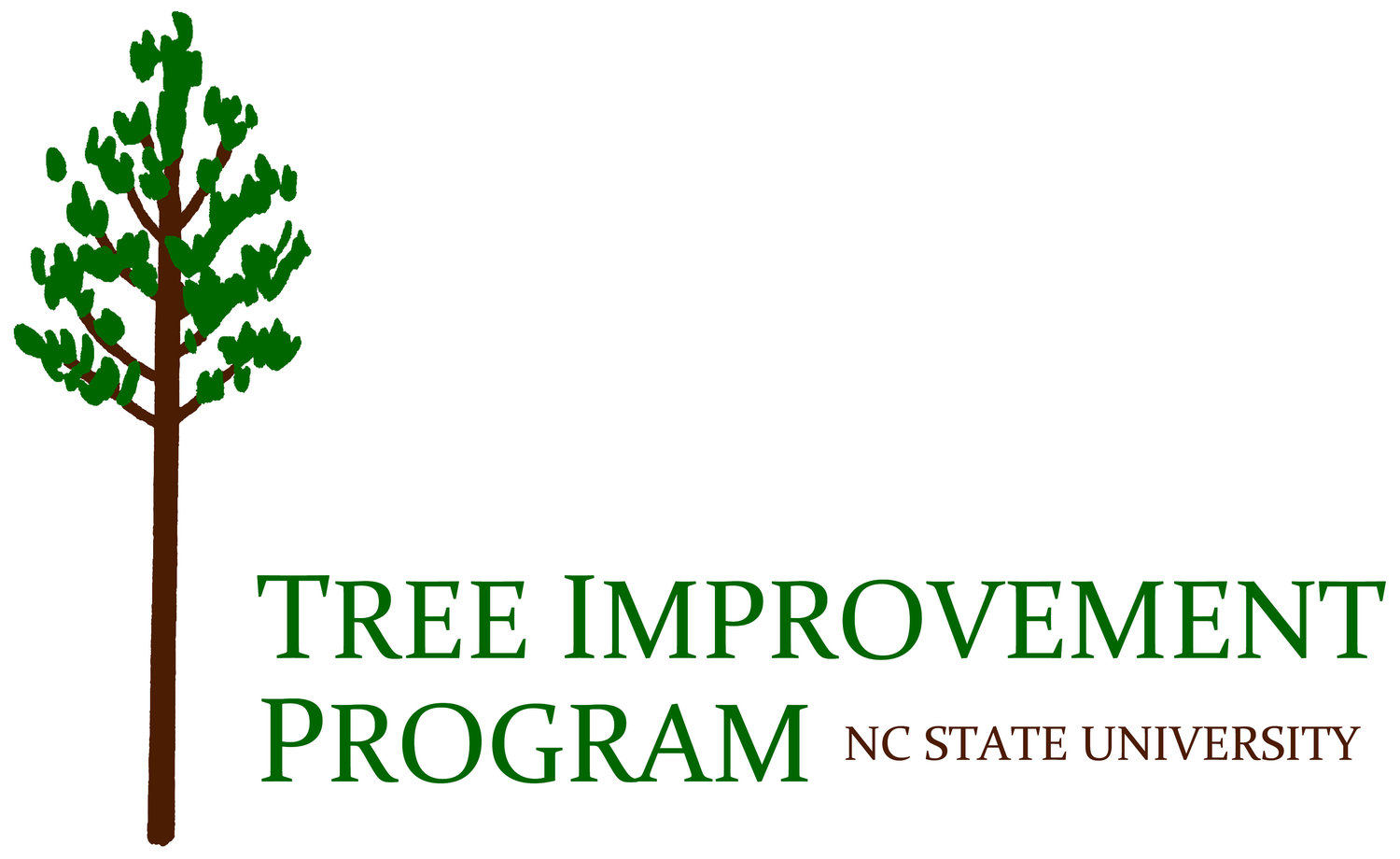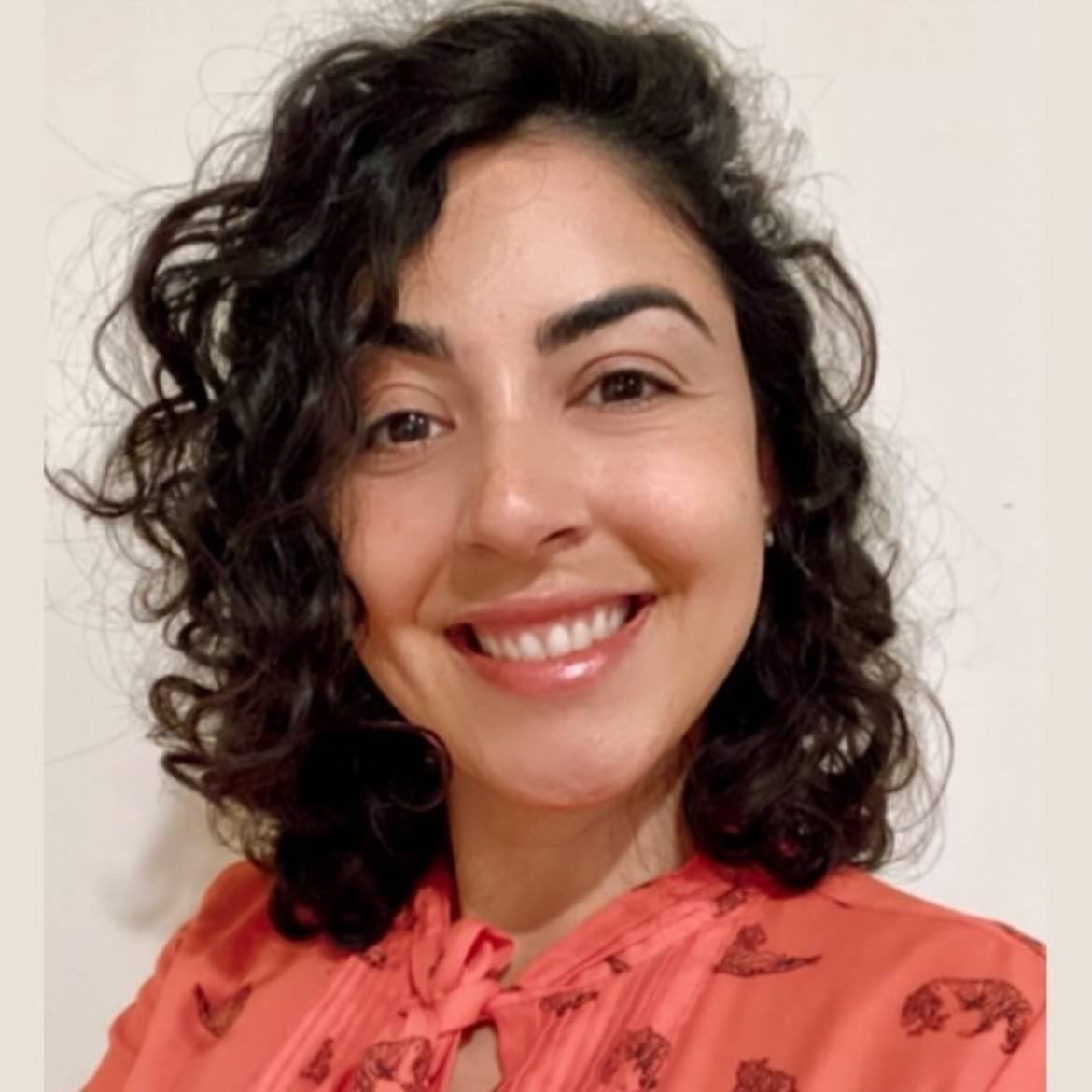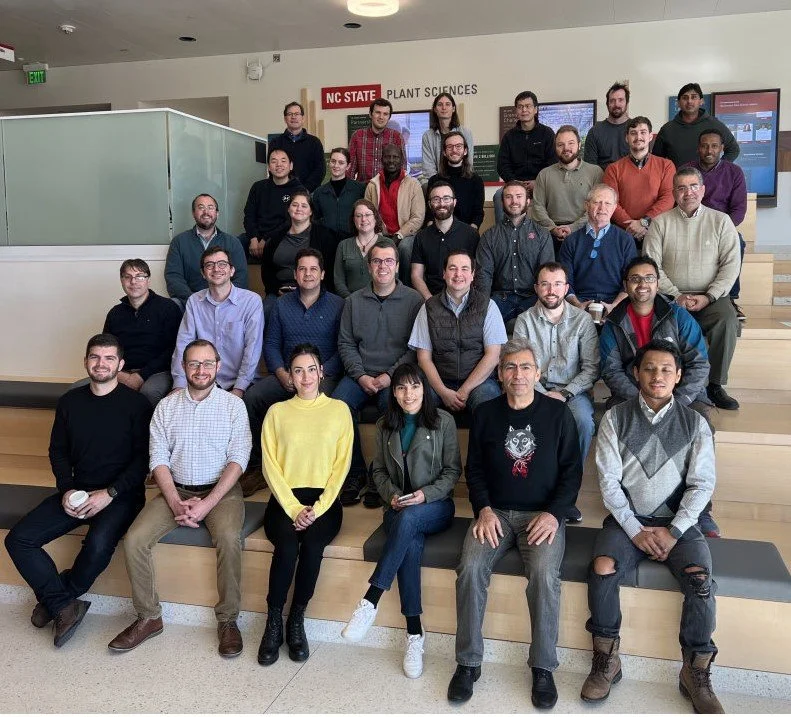Tree Improvement News
New Tree Improvement Manager
We are thrilled to announce the final member of our crew! We welcome Carla de Oliveira Castro to the team as the new Tree Improvement Manager.
Carla was previously a Tree Improvement Specialist at the South Carolina Forestry Commission. She holds a master's degree from the Federal University of Viçosa, Brazil, with an emphasis in Genetics and Plant Breeding. She worked predominantly on projects with Eucalyptus species and during her master's degree she aimed to accelerate breeding strategies through topgrafting young seedlings (link).
New TIP Operations Manager
We are delighted to announce that Mr. Chris Heim recently joined our team as Operations Manager!
Chris was previously the lead breeder for the ornamental sweetpotatoes and greenhouse manager with the Sweetpotato Breeding and Genetics Program here at NC State. He earned his master's degree from the University of Missouri with an emphasis in tree breeding. He worked predominantly with identifying genome regions of adaptive importance in Northern Red Oak and applied breeding in Black Walnut for kernel production.
TIP Looking for Witch’s Broom on Loblolly Pine
The North Carolina State University Tree Improvement Program (NCSU TIP) needs your help to identify Loblolly pines with a “witch’s broom,” as part of a Citizen Science project. The team at NC State is looking for loblolly pine trees with witch's brooms to sample needles and cones to better understand the mutation. More information about Witch’s Broom, can be found in this factsheet here. If you have any questions about the project, contact Dr. Nasir Shalizi at information@treeimprovement.com.
What is a witch’s broom and what does it look like? A witch's broom is an abnormal growth in pine that looks like a dwarfed and bushy growth within the tree as pictured above.
How can you help? If you see one or have access to one for sampling, let us know, by filling out this form. If you can send a picture, even better. Once we confirm it is Witch’s Broom, then we may ask you to send in a sample of needles and cones to us, or we may make arrangements to visit the spot and sample ourselves.
Please share this form with other people you know, who may be able to help. Sampling needles and cones from the tree will not harm it. Thanks for your help!
Isik-Blog on Heritability
Dr. Fikret Isik recently guest authored a blog post via VSNi titled: Unravelling nature's blueprint: Understanding Heritability and genetic influence in plant and animal breeding.
VSNi regularly releases blogs written by statisticians, researchers, scientists and industry leaders. From how-to guides to the application of data analytics and opinion pieces, check them out at https://vsni.co.uk/blogs.
Link to blog post: Understanding Heritability (vsni.co.uk)
Shalizi publishes on PRSTM Calibration Study
Dr. Nasir Shalizi recently published an article in Forest Science that presents early results from the Coop’ s PRS™ Calibration Study, a designed experiment to evaluate the Performance Rating System . The title of the article is “Performance Based on Measurements from Individual-Tree Progeny Tests Strongly Predicts Early Stand Yield in Loblolly Pine”. A 10-point increase in Productivity score resulted in an additional 55.7 cubic feet per acre at age six years, which corresponded to a 2.6 feet increase in site index (base age 25 years). The article also presents a new metric, Rust Risk Index, that generalizes the familiar R50 score to any checklot hazard, so that rust maps for a family can be determined from historic maps and the R50 score. A prediction model is given for yield per acre at age six based strictly on P score, site index, and rust risk index. The PRS™ Calibration Study is expected to generate even more information on the impact of tree improvement on stand growth and yield as the trials age into crown closure. Stay tuned for more results from this important Cooperative effort!
Walker named TIP Co-Director
On February 1, 2023, Dr. Trevor Walker started his new role with the Cooperative as Co-Director and Assistant Professor of Forest Genetics at NC State University. He brings a wealth of experience having served as the Tree Improvement Manager with the Cooperative since 2015 and as an analyst with Manulife(formally Hancock) before that.
Isik Named Fulbright Scholar
Dr. Fikret Isik, Co-Director and Professor, was named a Fulbright Scholar in 2022. In late February 2023, he will be conducting research and teaching courses about quantitative genetics and its applications to plant and animal breeding at the University of Pretoria’s Future Africa campus until the end of the year. He hopes his experience with The Fulbright Scholar Program will help him understand regional and global agricultural issues and enhance his research and teaching with new experiences and challenges in South Africa that he would not otherwise experience.
Dr. Ross Whetten Retires
Dr. Ross Whetten retired from NCSU in December 2022. Dr. Whetten was a valuable member for the TIP team with his expertise in genomics and forest biology research. In retirement he plans to consult, continue his research with collaborators, and advising students but at a much reduced rate. Most importantly, he plans to spend more time with his wife, Rebecca, his kids and the grandbabies. We wish Dr. Whetten the best in his much deserved retirement!
Advancing Computing Skills in Plant Breeding Workshop
Dr. Isik and TIP staff, along with the NCSU Plant Breeding Consortium faculty, organized a successful workshop titled Advancing Computing Skills in Plant Breeding, held December 13-16, 2022, in the new Plant Science Building, on the NCSU Centennial Campus. More than 40 people (faculty, postdocs, grad students, and Tree Improvement Program members) attended the workshop. Teams of faculty, postdocs, and grad students taught the workshop. Agriculture and forestry are facing significant challenges in the face of climate change, increased pests/disease threats, and the growing demand for food and fiber in the 21st century. Training the workforce (both students and industry professionals) is an effective way for the University to make a difference. The Cooperative Tree Improvement Program and the Plant Breeding Consortium, both world leaders in plant breeding, collaborated to host the workshops and increase the recognition of the NC State University brand.








